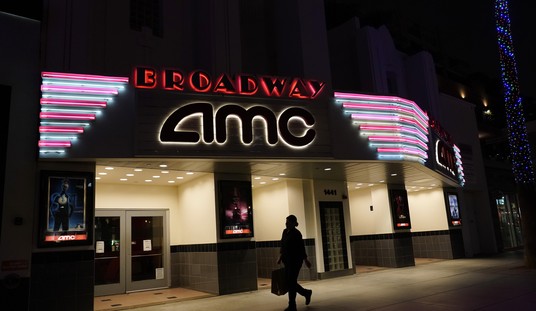Medicaid customers in the state of Washington will no longer be able to get prescriptions filled at Walgreens, one of the nation’s most ubiquitous pharmacies, unless they already have accounts there. Due to parsimonious reimbursements from the state’s Medicaid system, Walgreens has decided to stop accepting new Medicaid customers. The decision takes 121 locations off the list for Washington’s Medicaid program:
In a news release, Walgreens said its decision to not take new Medicaid patients stemmed from a “continued reduction in reimbursement” under the state’s Medicaid program, which reimburses it at less than the break-even point for 95 percent of brand-name medications dispensed to Medicaid patents.
Walgreens follows Bartell Drugs, which stopped taking new Medicaid patients last month at all 57 of its stores in Washington, though it still fills Medicaid prescriptions for existing customers at all but 15 of those stores.
The reimbursement policy comes from an impulse to control costs by controlling prices. This shows the inevitable result of such policies. When price controls get used, they do nothing to reduce actual costs for providers. The drugs cost Walgreens the same amount to buy for Medicaid patients as they do for everyone else. Instead of lowering the actual cost, it pushes Walgreens to either hike prices for everyone else or to remove themselves from the marketplace, causing scarcities in the provider chain. Either Walgreens and Bartell have to make their other customers subsidize their losses, or they have to stop conducting money-losing business.
This same dynamic exists elsewhere in the health-care industry. As I wrote in an AIP column last June when the public option was still on the table, you’re almost certainly subsidizing Medicare services through higher charges to your own wallet or that of your private insurer:
And that in itself is remarkable, considering the second dirty little secret of a public plan. While Sebelius and the White House disdain and completely misunderstand the private market, the private market in fact subsidizes the already-existing public plans of Medicare and Medicaid. A correspondent from within a major insurer explained to me exactly how that works:
At a recent leadership meeting, our CEO mentioned that the providers are very nervous about the government program expanding. Currently, the government dictates to a provider how much they will be reimbursed for a given procedure. That reimbursement does not cover the actual cost, which leaves the provider to spread the remaining portion of the cost to the rest of the people who have insurance.
If the government program were to expand, the number of privately insured people to absorb that extra cost would shrink, driving up the cost of insurance for everybody else. Eventually, two things would happen…. First, nobody could afford the non-government program, and secondly (and this is what the providers are truly afraid of), providers would not be able to cover their costs. This would drive them to bankruptcy. We would then either be in a position where there are no health care providers, or the government would have to nationalize them as well.
Many providers now refuse to take new Medicare/Medicaid patients because the plans don’t cover their costs to provide services. Those who do wind up charging their other patients more to cover their losses. The private insurers bear the brunt of that business practice now, which is bad enough. If the private insurers disappear, though, providers will not recoup the losses at all, and will go out of business altogether.
Instead of having a robust health-care system that rewards providers and insurers for their work, the public plan and its inevitable market-killing characteristics will create an artificial shortage of health-care providers. Everyone will have coverage, but it may take months or years to get treatments, if at all. That is not a worst-case, hypothetical scenario, either; single-payer systems around the world share this commonplace result.
The Medicaid program in Washington says that the loss of Walgreens and Bartell, with their combined 178 outlets, won’t present a problem for Medicaid patients. However, it won’t be long before other pharmacies conclude that they don’t want to lose money on their sales — and before customers at those locations start demanding to know whether they’re subsidizing those sales with their own purchases as well as with their tax dollars.








Join the conversation as a VIP Member